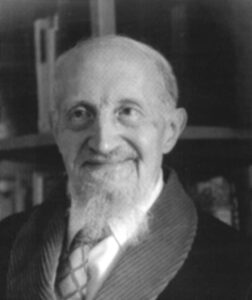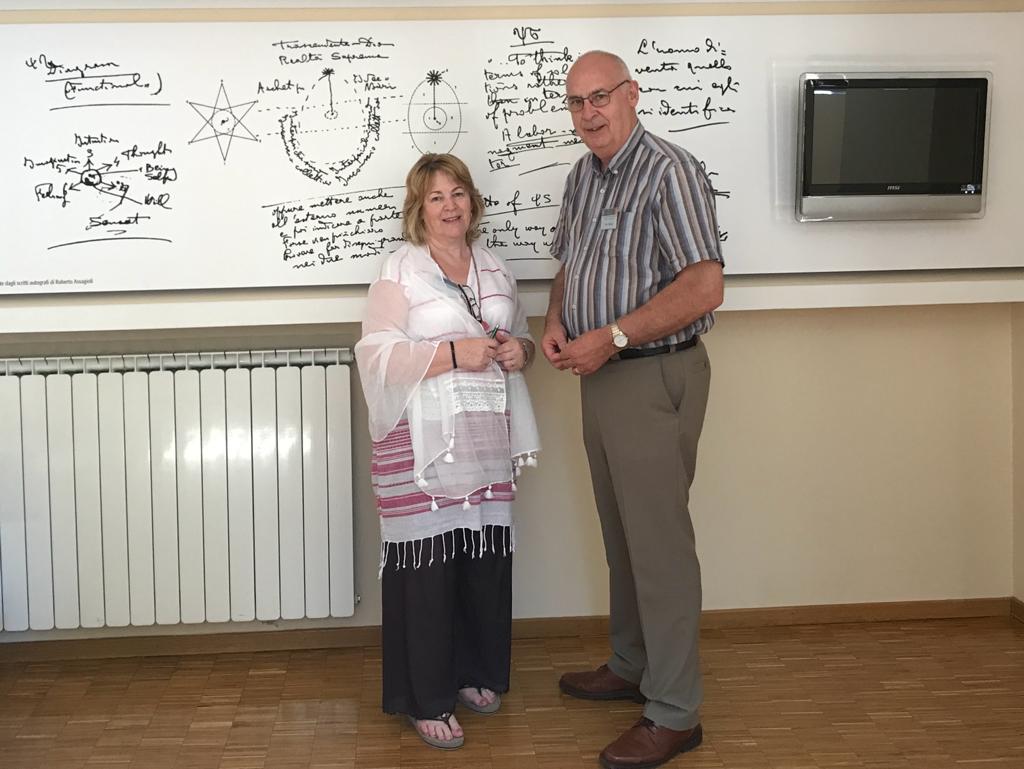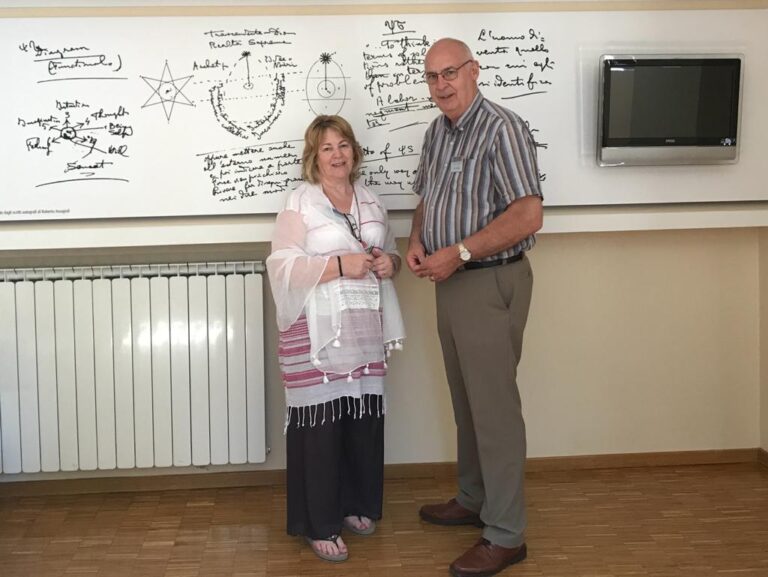This week, as a beautiful tutor provided training on diversity to the faculty team, the profound question, “What is sacred soul work in counseling and psychotherapy?” was explored. Delving into this vital aspect of clinical work, we as counsellors and psychotherapists engage with the depths of our clients’ souls. Emerson’s quote, “within us is the soul of the whole, the wise silence, the universal beauty, the Eternal one,” came to mind. Psychosynthesis Psychotherapy, a module in year 3 of ICPPD’s BA in Holistic Counselling and Psychotherapy programme, embodies this sacred soul work. Its founder, Assagioli, emphasizes the importance of learning to “live as souls on earth.”
Yeomans declares that he has come to use the word ‘soul’ to express the experience of the core of consciousness in each of us that holds the potential and pattern of our full, unique, maturity. He is not using the word in its religious connotation, though this connection can be made, but in its existential meaning of human vitality and depth, core qualities and values, essential meaning, and particular life intention, purpose, and direction.
Other words we might use for soul include essence, true nature, core being, our higher self.
Yeomans, further states that the soul is within us whether we are aware of it, or not.
He says “I see it as the core of our personhood, comparable to the nucleus of a cell. It can be conceived as spirit, or holy fire, for its core aspect is being and aliveness.” From reading his work I understand his interpretation of soul as Life seeking to live itself more deeply through us, in whatever way our life is composed. I think it can also be described as deep beauty, love, wisdom, or interrelatedness with all living beings within a living universe.
Several theorists agree that soul is who we are at the deepest level of our being, and that the soul journey is an expression of a deep need, drive, within us to seek the fulfillment of our human wholeness and to reach the destiny we sense is ours at this core place.
From my experience, many obstacles, inner and outer, appear, and the journey is never easy, and yet something in us is drawn to take it. This soul journey includes all our experience, light and dark, and we are given the opportunities to integrate and synthesize all our experience.
This resonates with me and with our holistic ethos, teaching and learning at ICPPD. Our BA in Holistic Counselling and Psychotherapy is the only QQI validated and IACP accredited academic degree and professional training in Ireland that has the word ‘holistic’ in its title. The holistic element of the programme is interwoven throughout the programme in modules like Person Centered Approach and Holistic Approaches in year 1, Gestalt Approach and Jungian studies in year 2, Psychosynthesis Psychotherapy in year 3. The body, mind, spirit connection and interrelatedness of all, is experienced in the creative, experiential, and transformative learning undertaken by Learners during the programme. The 4-year programme culminates in a 1-day Retreat/Reflection where we get to come together in community to offer gratitude and ‘be’ with each other to celebrate our journey at ICPPD.
In working with clients, Yeomans makes the following comments when working from a transpersonal orientation i.e., Psychosynthesis. He says there is no such thing as standing apart “at an analytical distance and doing soul work from there” and to be aware “of the shift in power between you and the soul of the client”. He reminds us that the therapist is no longer “the expert in what needs to happen, the person is” and that we as therapists are there to help that knowing emerge. He suggests that “we need to learn to let go and accord power and dignity to the client, and the soul, the power who is guiding the process, and who knows better than we do how to proceed”. I am reminded that this is in alignment with humanistic principles. The person-centered approach that learners engage with in year one of their training programme supports the autonomy of the client and the importance of their process at their pace.
He further advises the therapist to take small steps, to resist the distraction of moving ahead too quickly, and says there is a timing to the flow of experience that is best supported by small steps and not being in a hurry. His final support and advice to the therapist concerns interventions. He says “think of your silent experiential presence as the most powerful intervention that you can make. This energizes the soul force field as nothing else can.” His final point to us as practitioners is “to hold the soul process work as imperfect and unfinished”, this keeps the whole endeavor “open and alive, partly known, partly unknown, and always changing.” I am reminded that life itself is mostly unknown, and it is easier to live when I leave room for the Mystery. The soul journey and soul work are in alignment with that life force within each of us.
Aphorisms that I continuously use in all my classes, as a tutor, further the spiritual concepts of Psychosynthesis and the words of Assagioli. These include, “Work under the Aspect of Eternity”, “For one person one thing; for another, quite the opposite”, “Never either/or; always both/and”, “You are perfectly imperfect”, “Your soul knows all about it; is only waiting for you to find out”, “There is no security, only adventure”, “Be a living example”, and as previously said above “We must learn to live as souls on earth”. I am so fortunate to have personally witnessed these handwritten notes in the casa, home, where he lived when alive, which is now the Institute of Psychosynthesis in Florence, Italy.

I check in with myself in this moment and know there is a place within me, an unchanging seat of ease. It is because I know this place, that I can go to places of dis-ease and touch my vulnerability and the vulnerability of my world and environment. I remind myself I am not responsible for another person’s behavior. I breathe and put my hand on my heart and return home to myself. I am aware that the bombardment, the tornado, and the spinout to overwhelm is caused by my thinking process and that the settling of this distress is in my body- grounding myself and breathing brings me to an interior environment. I let go, settle back into my spirit, into a gentle, tender, passionate presence that holds me with the strength I have known many times before. I rest in my heart at ease, trusting. All is well.
I finish with the Spacious Soul by Richard Rohr –
“There is something in you that is not touched by coming and going, by up and down, by for or against, by the raucous teams of totally right or totally wrong. There is a part of you that is patient when both goodness and evil gradually showed themselves…There is a part of you that does not rush to judgment. Rather, it stands vigilant and patient in the tragic gap that almost every moment offers. It is a riverbed of mercy. It is vast, silent, restful, and resourceful, and it receives and also lets go of all the comings and goings. It is awareness itself (as opposed to judgement itself), and awareness is not as such “thinking.” It refuses to be pulled into the emotional and mental tugs of war that most of life is – before it is forever over and gone. To lookout from this untouchable silence is what we mean by contemplation… This is your soul. This is your True Self.”
Blessings to all of us as we continue to negotiate our way through our experiences one day at a time on this sacred soul journey.
Rohr, R. (2013) Immortal Diamond. Wiley & Sons Inc. London.
Yeomans, T. (2020) Holy Fire. Concord Institute Publications. USA.
Learn about our Professional Certificate in Psychosynthesis









